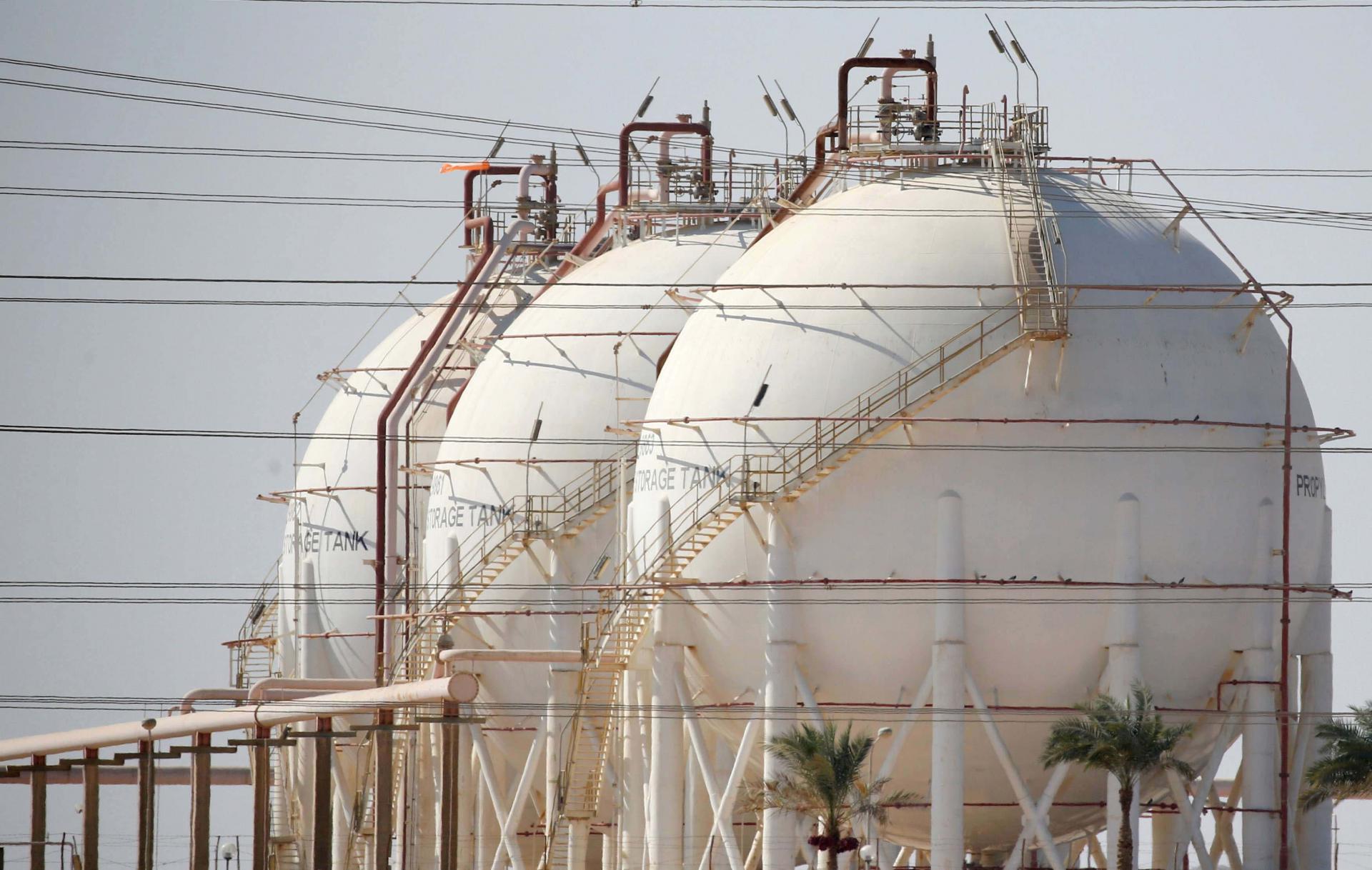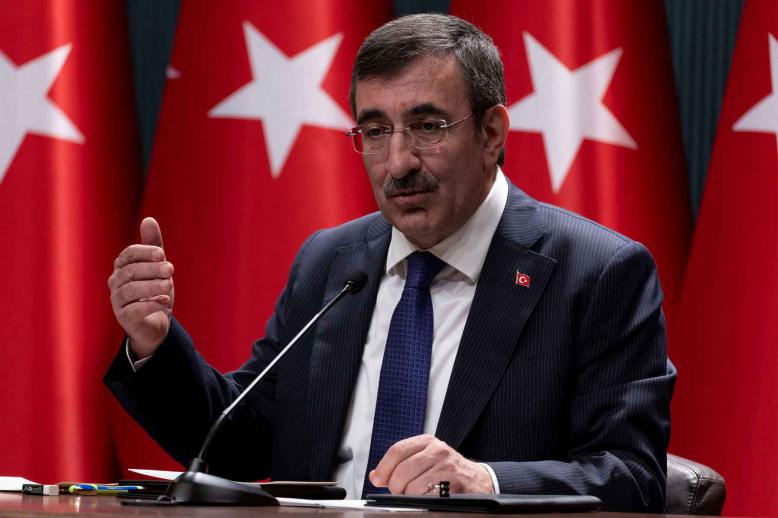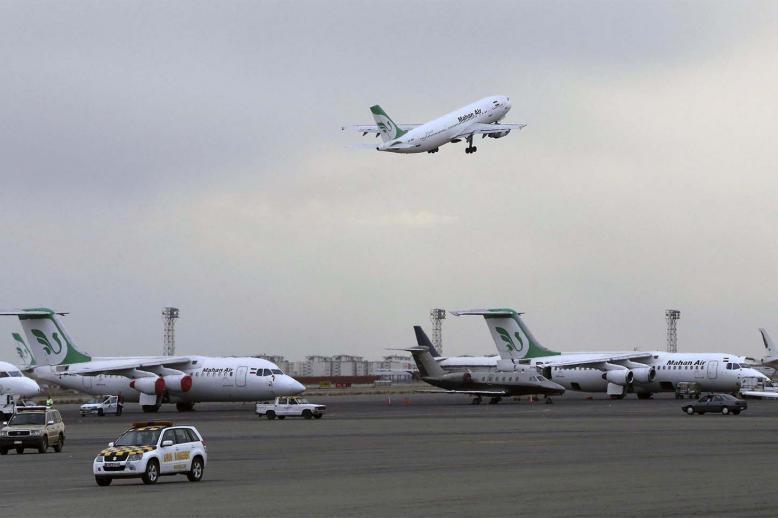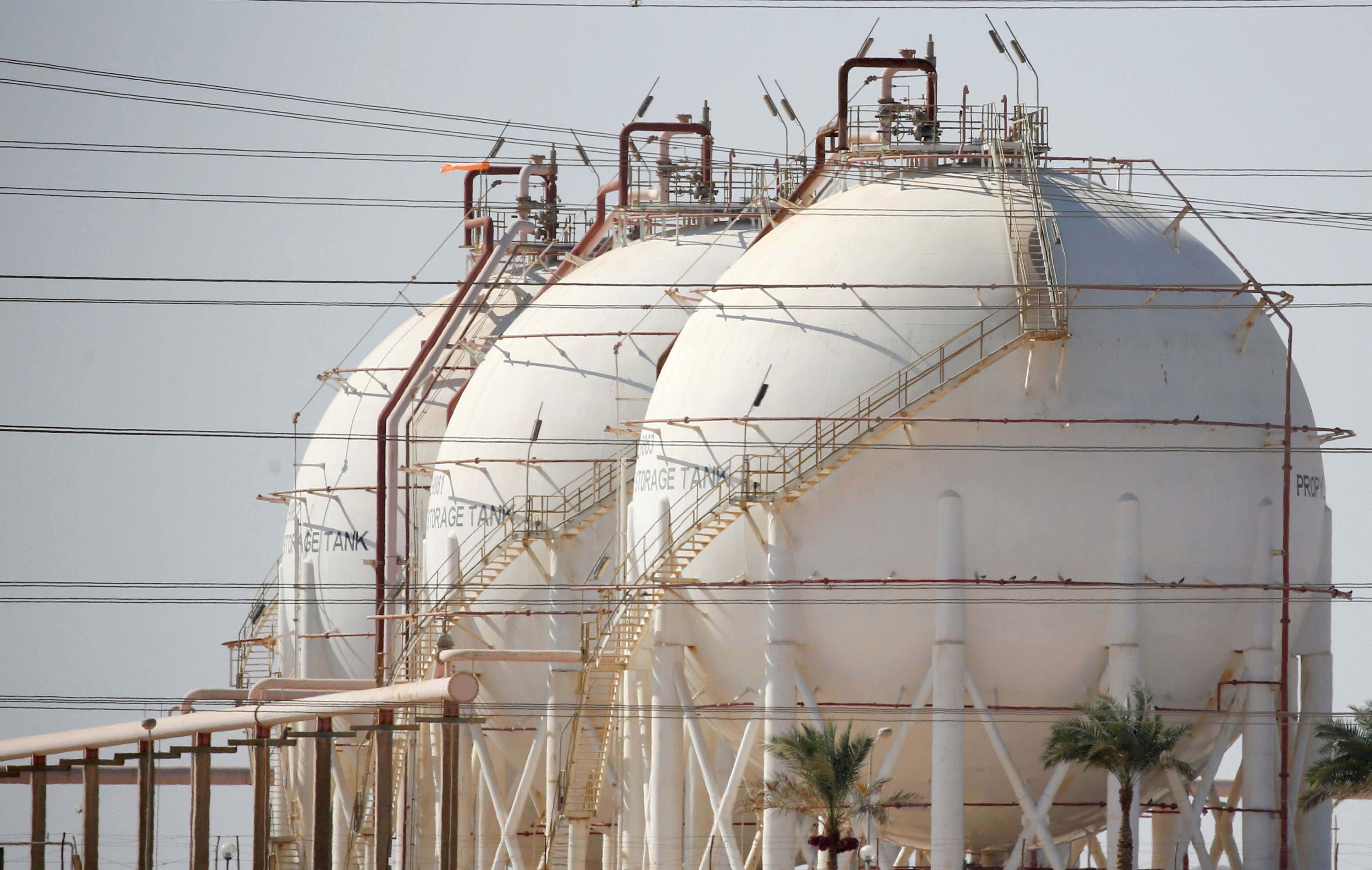Egypt issues final liquefied gas tender on road to self-sufficiency
CAIRO - Egypt is close to reaching self-sufficiency in natural gas and resuming exports, which would end almost a decade of dependence on imports.
Egyptian Petroleum Minister Tarek el-Molla said Egypt’s latest liquefied natural gas tender for nine shipments of natural gas could be its last because local production would meet domestic demand and even allow for energy exports next year.
“I don’t think there will be more tenders beyond this. I think this is it,” Molla said. “Local production should cover our needs.”
Egypt would look to export natural gas to international markets almost a decade after halting exports due to increasing consumption, decreasing production and a lack of upgrade for Egypt’s natural gas fields. Natural gas finds, particularly in the eastern Mediterranean, have revamped Egypt’s energy plans.
“This self-sufficiency means that we will stop spending hundreds of millions of dollars on the imports every month,” said Ramadan Abu el Ela, a petroleum engineering professor at Suez Canal University. “This will have deep effects on economic conditions in our country.”
Egypt spends around $220 million on energy imports every month. Total production was 4.4 billion cubic feet every day before production from the gigantic Mediterranean gas field, Zohr, increased production to 5.5 billion cubic feet.
Production from Zohr should reach 1.7 billion cubic feet per day this year and is predicted to be 2.7 billion cubic feet per day by the end of 2019. The field, which has total confirmed reserves of 30 trillion cubic feet, will bring Egypt’s total daily production to 7.1 billion cubic feet. Egypt consumes 6 billion cubic feet of gas every day.
Self-sufficiency, experts said, would mean that Egypt’s factories would have enough energy to operate, which will reflect positively on attracting investments. Hundreds of factories were closed after the January 2011 revolution because, in addition to a security crisis, Egypt faced an energy crisis with widespread power outages and brownouts.
Zohr is only one in a series of discoveries that have raised Egypt’s confirmed natural gas reserves from 69 trillion cubic feet to 104 trillion cubic feet.
Italian company Eni, which has invested $8.4 billion on projects in Egypt with plans to spend an additional $3 billion, has specified 70% of its overseas investments for Egypt.
This, Abu el Ela said, reflected growing international interest in the Egyptian market.
Molla is keen to portray Egypt as a main player in the natural gas industry in the Middle East. He attended the recent World Gas Conference in Washington, which provided an opportunity for Egypt to tout investment opportunities in its energy sector.
Egypt’s oil and gas sector is expected to receive $10 billion in investments in the next two years, Molla said.
After satisfying domestic consumption needs, Egypt expects to resume exports and the current Egyptian administration has been stressing the need to add value to the raw materials found in the country.
Apart from its sprawling liquefaction facilities, Egypt has 11 gigantic petrochemical factories, which can be used to offer a wide range of products.
“This is necessary for maximising economic benefits from the gas,” said Gamal al-Quluibi, a member of the Egyptian Petroleum Association, an advisory agency of the Petroleum Ministry. “The international petrochemical market has a value of more than $1.6 trillion and Egypt will be racing against other players to get its share of this market.”
Hassan Abdel Zaher is a Cairo-based contributor to The Arab Weekly.
This article was originally published in The Arab Weekly.







